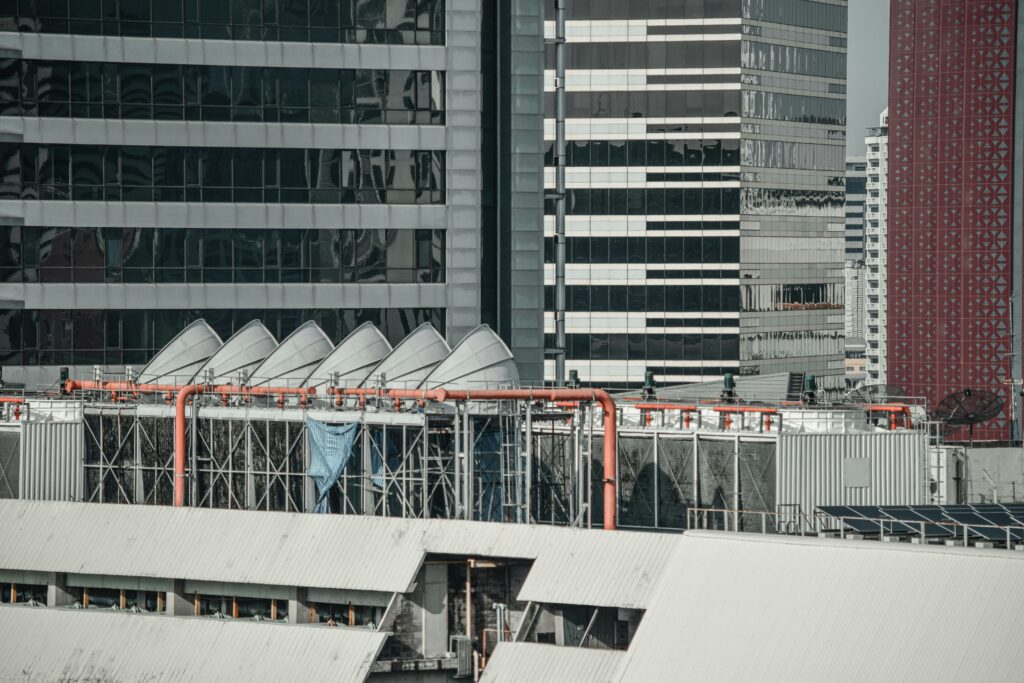Insights on Energy Efficiency in Sustainable Buildings
Navigating Resilient Energy Solutions
The nexus between energy demand, building energy efficiency, and environmental sustainability is crucial. As we navigate the complexities of climate change, finding resilient solutions to manage energy demand and enhance building performance is paramount. This article explores how resilient cooling systems can drive sustainability.
Energy demand and building energy performance are integral to achieving sustainability goals. As societies strive for greener futures, it is crucial to comprehend the dynamics of energy usage and how buildings contribute to overall consumption.
Energy demand and building energy performance are integral to achieving sustainability goals.
According to the International Energy Agency (IEA), current policy settings indicate significant changes in the energy landscape by 2030. Understanding energy demand is the cornerstone of developing effective strategies to mitigate climate and environmental impacts.
Innovations driving sustainable solutions and climate change
Innovation in resilient technologies holds the key to reducing energy consumption and environmental footprint. From smart building systems to renewable energy integration, advancements offer promising solutions for a greener future.
Climate change intensifies energy demand challenges, posing significant threats to environmental sustainability.
Climate change intensifies energy demand challenges, posing significant threats to environmental sustainability. As temperatures rise, the demand for cooling systems surges, leading to increased energy consumption and greenhouse gas emissions.
Resilient cooling systems for building sustainability
Resilient cooling systems are crucial for building sustainability. By integrating efficient cooling technologies, such as smart HVAC (Heating, Ventilation, and Air Conditioning) systems and passive cooling techniques, buildings can significantly reduce energy consumption while maintaining optimal indoor conditions.

Building energy codes, adapted to include metrics for life cycle sustainability, play a vital role in promoting the adoption of resilient cooling systems. Moreover, the EU targets a 49% renewable energy share in buildings by 2030, highlighting the need for sustainable cooling solutions.
Policy imperatives for advancing sustainable cooling technologies
Governments and policymakers should prioritise a holistic approach to building and renovation, including the adoption and incentivisation of resilient cooling technologies in building codes and regulations. Creating an enabling framework to support the adoption of resilient cooling solutions is equally important. This involves fostering innovation and research, such as the initiatives led by the Kigali Cooling Efficiency Program (K-CEP), to accelerate the deployment of advanced cooling technologies.
Training, reskilling and upskilling programmes are crucial to secure a qualified workforce.
Additionally, establishing support mechanisms, such as the Green Climate Fund can incentivize the implementation of resilient cooling solutions in both new construction and retrofitting projects through financial incentives and subsidies. Moreover, training, reskilling and upskilling programmes are crucial to secure a qualified workforce.
By providing financial support and creating favourable regulatory environments, governments can facilitate the widespread adoption of sustainable cooling technologies and contribute to achieving long-term sustainability goals.
Read more about energy related articles here.
Useful links
- Healthy Buildings Barometer 2024 (BPIE)
- EU Buildings Climate Tracker: A call for faster and bolder action (BPIE)
- Cooling buildings sustainably in Europe: exploring the links between climate change mitigation and adaptation, and their social impacts (EEA)
- Resilient cooling strategies – A critical review and qualitative assessment
- A qualitative assessment of integrated active cooling systems: A review with a focus on system flexibility and climate resilience